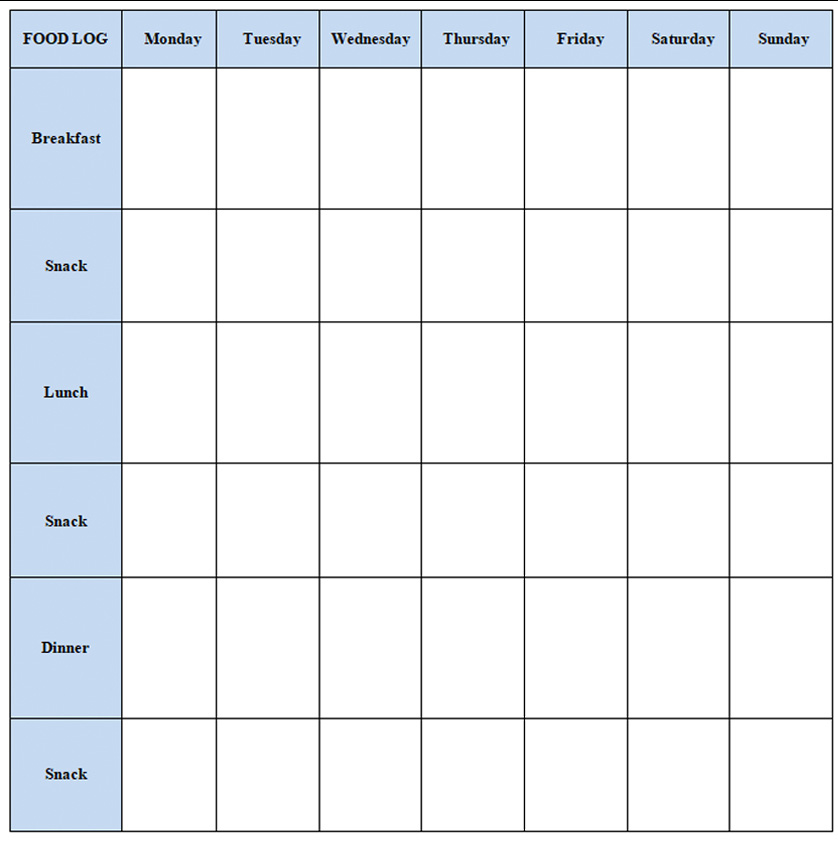KINESIOLOGY, EXERCISE & FITNESS FOR MEN & WOMEN
HOME WORKOUTS
THE WORKBOOK
“KINESIOLOGY, EXERCISE & FITNESS”
This is an introductory Kinesiology workbook that emphasizes applications, principles, and methods used for weight loss, weight gain, cardiovascular fitness, body tone, muscle mass, strength, and power. The use of sets, resistance, and repetitions are introduced using the F.I.T.T. Principle, the 5 components of Physical Fitness, and various charts.
DAILY FOOD LOG
GENERAL WORKBOOK INFORMATION: CLASSROOM SETTING FOR HEALTH, PHYSICAL EDUCATION AND SPORTS COMPETITION
Nutritional concepts applied to exercise & fitness routines for the best results
Understand how to apply the following to your fitness goals
A simple nutrition plan using log-in sheets
Use the 5 components of physical fitness in all exercise routine (cardiovascular exercise, flexibility, muscle endurance, muscle strength, and body composition)
Use the F.I.T.T. principle for all exercise routines
Leaning and apply safety procedures and techniques used to minimize risk factors in weight training and conditioning.
SKIN FOLD MEASUREMENT
Apply and execute personal weight training charts / programs that can successfully meets the goals of any age group: ex: exercise/workout card, rubric scale card (assessment & measurement record of personal averages & class average), cardiovascular cards, nutrition log-in card, and more.
Preform and Analyze Pre and Post Measurements & Assessments in the following areas:
A variety of strength exercises, muscle coordination exercise, Cardiovascular - aerobic and anaerobic exercises
Additional exercise and cardiovascular fitness routines using the F.I.T.T . Principle
Compare and contrast Measurements and Assessments of exercises to the National Average for given age
Charts & Grades for all results
Body composition exercises
Fat measurements with Calipers
Equations to evaluate fat percentage without a caliper
Weight Loss vs Weight Gain:
Simple equations for proteins, carbohydrates, and fats
Compare and contrast answers of equations
Daily Water Consumption
New studies on the negative effects of Carbohydrates and blood sugar spikes
Weight gain, energy highs and lows, fast foods spikes
Understanding the importance and the function of vitamins & minerals
Specific foods that provide vitamins and minerals
Understand and apply positive reinforcers to keep exercising
Use of free weights vs weight machines
Introduction to pyramiding weight lifting techniques
Introduction of cardiovascular exercise using a heart rate training zone
Introduction of flexibility using the sit and reach test
ADDITIONAL INFORMATION FOR MALE AND FEMALE ATHLETES / ALL COMPETITION SPORTS
Improve your understanding and use the subjects mentioned the workbook to the need for calories
Apply the nutritional concepts to your exercise routine for more strength, muscle mass, and power
The importance of proteins, carbohydrates, fats, vitamins, and minerals in your diet
How much water do I need as an athlete?
Compare and contrast: Weight Loss vs Weight Gain
Studies on Sugar Spikes for carbohydrates: Fast Foods spikes
Pick better carbohydrates for pre-game meals
ATHLETES: MEN AND WOMEN SPORTS COMPETITION / STRENGTH AND CONDITIONING / CHARTS AND INFORMATION
PRE-SEASON
IN-SEASON
POST-SEASON
SPECIALIZED CHARTS FOR CONDITIONING, FLEXIBILITY, POWER, STRENGTH, AGILITY CHARTS AND EXAMPLES
Charts can be used and replace with exercises, agilities, and stretches for your specific sport
APPENDIX: THE USE RUBRIC CARDS TO ASSESSMENT & MEASURING PRINCIPLES WEIGHT LIFTING DATA OR OTHER CHARTS THAT IS SIGNIFICANT TO ATHLETE
Meal plan log-in sheets and various workout sheets
SPECIAL COACHES CORNER SECTION
COACHES CORNER
Success for all adults with busy schedule
New studies for those who exercise: positive mood in several directions
Suggestions about nutrition plans mixed into your exercise routine
Charts / Exercise programs for quick workouts / in and out fitness routines
Frequency, Intensity, Time, Type – F.I.T.T. Principles applied for busy schedules
WORKBOOK ADVANTAGES FOR THE TEACHERS, COACHES, SCHOOLS
1. Students Workbook buyer fundraiser.
2. Limited Hassel Fundraiser.
3. Limited record keeping.
4. Use Funds from budget or borrow and repay budget.
5. From net profit - give back to school or bookstore 5%-15%. Stay in good standing.
6. Students become excited for grades on workbook assignments.
7. Points awarded from workbook exercises can help boost student’s grades.
8. Students become extremely attentive; the feeling of success is in the air.








